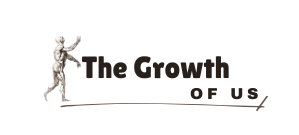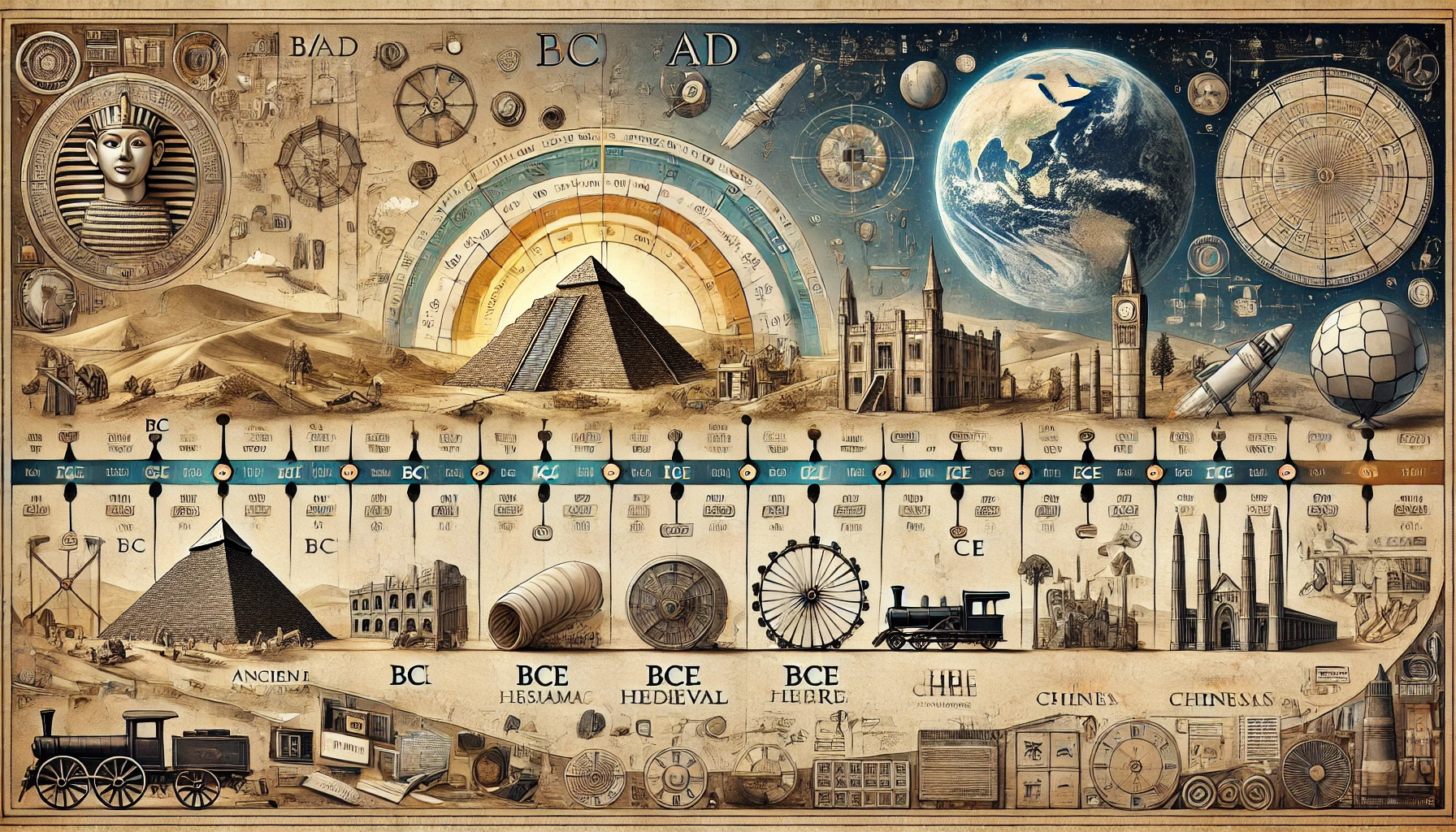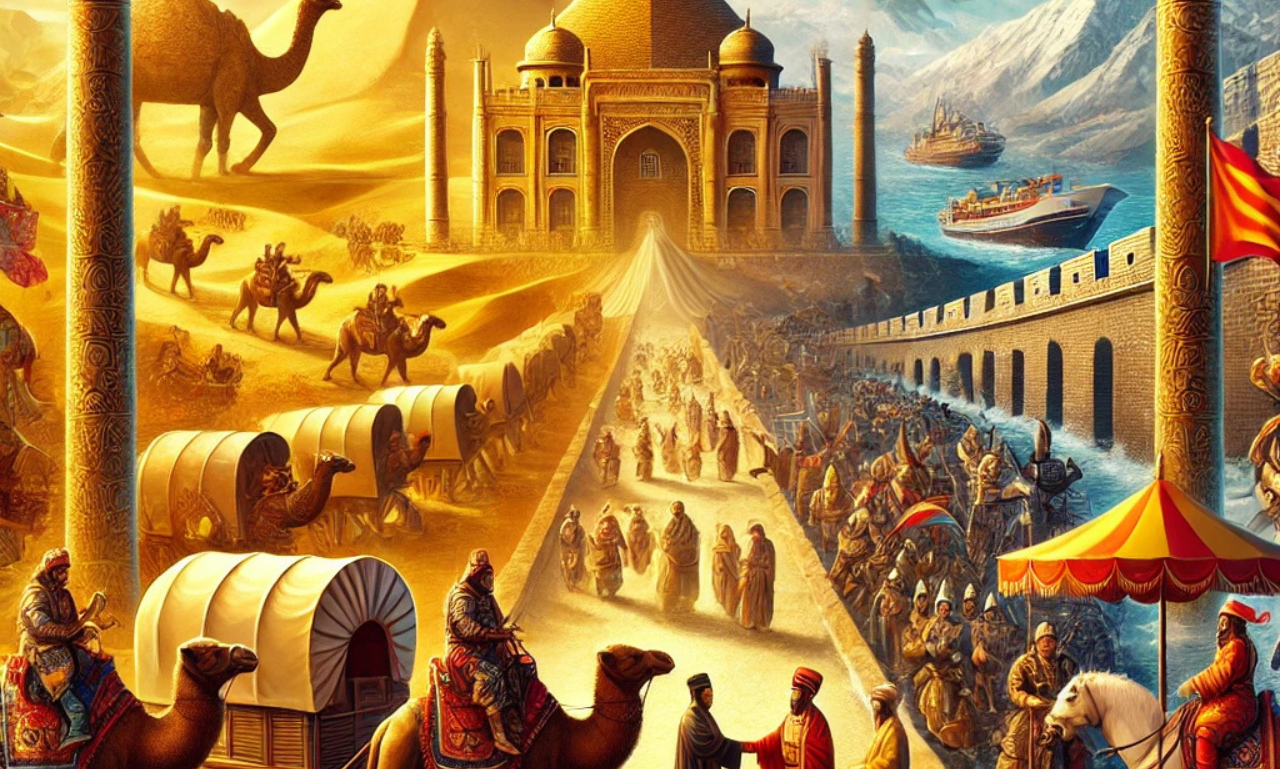When you hear the word history, what comes to mind? A collection of dusty old books? A list of dates you needed to remember for a test? Think again! History encompasses so much more than that. It’s a vibrant, ever-changing discipline that teaches your brain valuable lessons. In fact, it’s one of the most effective ways to improve your analytical skills. Let’s get into the why and how of it all.
The Power of Analytical Skills: Why They Matter
Analytical skills are an important part of your mental toolbox. They assist you in deconstructing intricate issues, identifying trends, and coming to reasoned conclusions. Whether you’re choosing a movie to watch on Friday night or resolving a challenging problem at work, these abilities are critical for making decisions. However, did you know that one of the best resources for honing these skills is history?
History is not merely a compilation of historical occurrences. Human experiences, motives, and choices abound in history. You can train your brain to think critically and make sense of complex, interconnected stories by studying historical events. Along the way, you also get to learn some really interesting things. Win-win, huh?
How History Makes You a Better Thinker (Using analytical skills )
1. Context Over Memorization
Let’s be clear: learning names and dates isn’t the point of studying history. The why and how are where the true magic is found, even though those are the story’s basic elements. What caused the fall of ancient civilizations? What impact did revolutions have on contemporary societies? You must delve deeper and consider cause and effect critically in order to answer these questions.
Consider the American Revolution, for instance. Although the year 1776 is easy to recall, the story takes on real significance when one considers the reasons behind it, such as taxation without representation and its long-term consequences for democracy. This way of thinking teaches you to look for deeper connections and see past the obvious.
2. Seeing Patterns Across Time
Learning about the past gives you important awareness of trends. You can identify these cycles by studying the past. Human behavior tends to repeat itself. Examples of recurrent patterns include economic booms and busts, empire rises and falls, and even fashion and art trends.
Finding these patterns is not only interesting but also practical. You can use it to forecast results, make wiser choices, and gain a more comprehensive understanding of the world. It’s also like having a superpower when it comes to impressing your friends on trivia night.
3. Critical Thinking in Action
History is fundamentally about critical thinking. It involves the analytical skills of posing queries such as:
- Is this source trustworthy?
- What drove the author to write?
- What role does this incident play in the overall scheme of things?
Consider reading about the Roman Empire, for example. While one source emphasizes its ruthless oppression, another refers to it as the height of civilization. Which is accurate? Well, depending on your point of view, probably both. Analyzing these points of view teaches you to assess the evidence and challenge presumptions. And you can use that ability anywhere, from selecting which news stories to read to engaging in political debate.

The Bias Factor: History’s Hidden Lessons
Seeing bias has been one of the hardest things in history. Every account of history is shaped by the author’s point of view. The phrase “history is written by the winners” wasn’t made up! It reminds us that the stories we’ve heard often show the views of powerful groups while ignoring the views of others.
Think about the settlement of the Americas. A lot of old stories about it make it sound like a heroic story of discovery. But indigenous points of view tell a very different story, one of loss and strength. By looking at history from different points of view, you not only get a fuller picture of it, but you also learn how to be a smarter information consumer.
Think like a historian the next time you read an article, watch a documentary, or browse social media. Who is telling this story, you ask? What could they be omitting? This ability is particularly important in the fast-paced digital world of today.
History in the Age of Misinformation
In this day and age, there is an abundance of information available to us. How are you supposed to know what is true when there is so much content available? The dissemination of fake news is accelerating at a faster rate than it was in the past because sensational headlines appeal to algorithms. At this point, your ability to think historically will come into play at this point.
1. Evaluating Sources Like a Pro
The acceptance of sources without question is not something that historians do. Each and every document or artifact is subjected to a thorough examination of its history, purpose, and context. You are able to accomplish the same thing with contemporary information. Are you able to trust the author? Does it appear that the content is overly biased or similar to clickbait? The kinds of questions that are being asked here are the ones that can prevent you from falling for false information.
For instance, if you come across a shocking headline on social media, you should take some time to investigate it further. It was published by who? Is the same story being reported by other credible outlets as expected? Through the utilization of historical methods, you will rapidly acquire the ability to differentiate between reliable and questionable sources.
2. Cross-Referencing for Clarity
To obtain an accurate picture of historical events, it is essential to cross-reference a number of different sources. In the same vein, the information of today is the same. When you are conducting research on a subject, you should not rely on just one provider. Investigate a variety of viewpoints and evaluate them side by side.
Let’s say you’re conducting research on the effects of climate change. A report from the government might place more emphasis on policy solutions, whereas a blog written by an activist might highlight grassroots efforts. You can avoid the pitfalls of one-sided narratives and gain a more nuanced understanding of the issue if you give equal consideration to both sides of the argument.
3. Spotting Fake News
Fake news is not at all new (do you remember propaganda?), but it is more widespread than it has ever been. The good news is that we have already learned how to deal with it from the lessons that history has taught us. In order to successfully navigate the digital landscape, you will be well-equipped if you question sources, recognize bias, and seek out multiple points of view.

Bringing It All Together
Studying history isn’t just about the past; it’s about preparing for the future. By honing your analytical skills, you’re learning to think critically, recognize patterns, and evaluate information—skills that are invaluable in our modern world.
So, the next time someone asks, “Why study history?” You’ll have the perfect answer: it’s not just about understanding what happened; it’s about becoming a sharper, smarter thinker. And who doesn’t want that?




